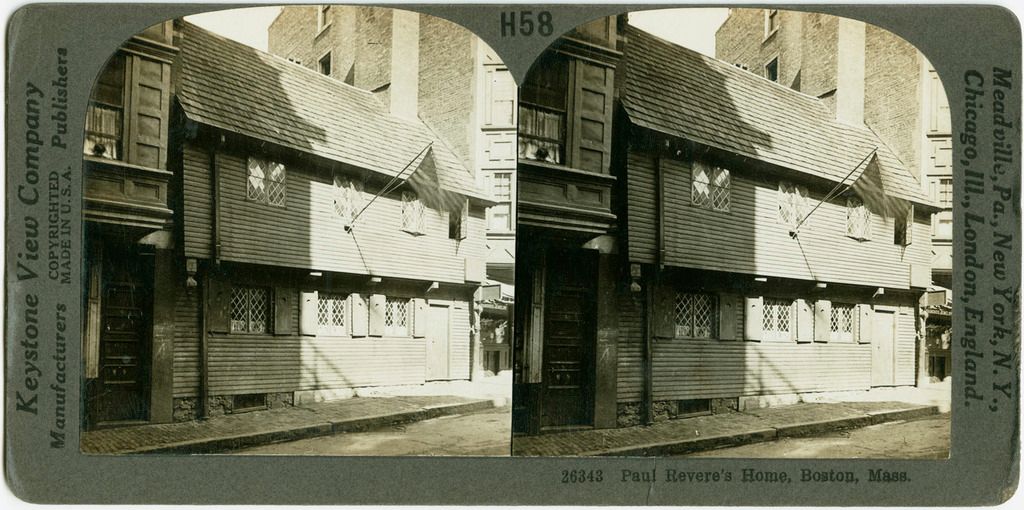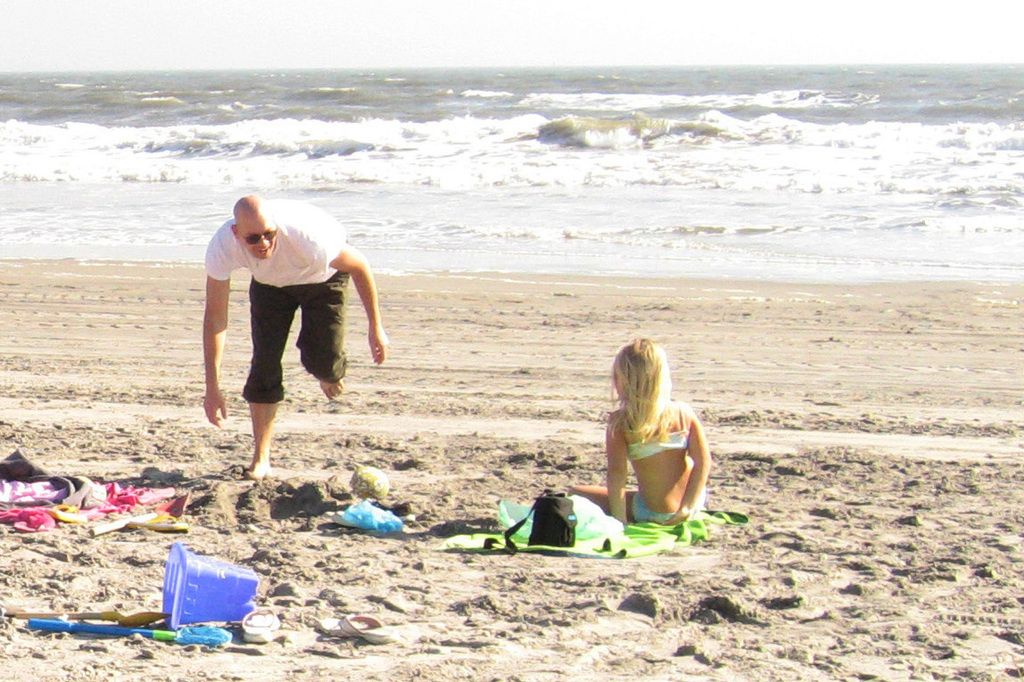U.S. Supreme Court Stops Sault Tribe's Casino Expansion Dream
High Court Deals Deadly Setback to Sault Tribe's Ambition for Detroit Casino
Last updated on: May 1, 2025, 02:47h.
Philip Conneller @casinoorgphilcRead MoreGaming Business • Regulation • Tribal Gaming • Legal Battles
In a disappointment for the Sault Ste. Marie Tribe of Chippewa Indians, the U.S. Supreme Court has declined to hear their appeal over the denied casino land trust for an off-reservation casino.
The tribe, disappointed with this week's decision, had hoped to establish a casino near Detroit to tap into the larger southern population and economic resources, far from their Upper Peninsula base.
The Route Blocked by Law and Finance
The tribe faced two setbacks in their chase for a casino near Detroit. First, the Interior Department's Bureau of Indian Affairs (BIA) had denied their applications under the Michigan Indian Land Claims Settlement Act (MILSCA) to place 71 acres near the Detroit Metropolitan Airport and another plot for a planned project in Lansing into trust.
The BIA deemed the land too distant from the tribe's headquarters to meet the MILSCA condition of "enhancement" of tribal lands, a significant requirement for the acquisition.
The tribe took the Interior Department to court in August 2018, only to lose their case in a lower court. The tribe's loss was only brief, as they managed to win their case in 2022 by the DC Court of Appeals. Alas, their dream of an off-reservation casino was shattered by the Supreme Court's refusal to hear their appeal.
The tribe argued that the BIA's interpretation of MILSCA would bar them from obtaining land for development in areas that would benefit from meaningful economic growth.
The Financial Sting
The Sault tribe wasn't just up against court decisions; they also faced a significant financial setback. In January 2023, a court ordered the tribe to pay over $88 million in damages to investors in the two casinos stymied by the federal government's denial of the land trust.
The investors, who sued in April 2020, accused the tribe of making false representations that ease of approval for the projects was assured, leading to their loss. The tribe, after initially appealing the judgment, ultimately settled with the investors for approximately $25 million.
Despite these challenges, the Sault tribe continues to operate five casinos under the Kewadin brand name in Michigan's remote Upper Peninsula, home to less than 3% of the state's population.
Enrichment Data:
- The denial of the Sault Ste. Marie Tribe of Chippewa Indians' application to have 71 acres near Detroit placed into a federal trust for a casino was due to the Bureau of Indian Affairs' interpretation of the requirement for "enhancement" under the Michigan Indian Land Claims Settlement Act.
- The tribe had hoped to tap into the greater economic resources in the southern part of the state with a casino near Detroit, but their attempts were denied by the courts.
- The tribe's financial woes continued even after settling the $88 million judgment with investors for around $25 million, suggesting the challenges they faced in expanding their gaming operations were significant.
- The Sault Ste. Marie Tribe of Chippewa Indians, known for their longstanding tradition, endured a setback as the U.S. Supreme Court refused to hear their appeal regarding their off-reservation casino expansion dream.
- Despite the disappointment, the tribe had hoped to establish a casino near Detroit, leveraging its larger southern population and economic resources, distanced from their Upper Peninsula base.
- The Interior Department's Bureau of Indian Affairs (BIA) had previously denied the tribe's applications to place 71 acres near Detroit and another plot in Lansing into trust under the Michigan Indian Land Claims Settlement Act (MILSCA).
- The BIA rejected the land based on its perceived distance from the tribe's headquarters, citing the MILSCA condition of "enhancement" as a significant requirement for the acquisition.
- The tribe's legal battles extended through multiple court decisions, but their victory in 2022 by the DC Court of Appeals was ultimately overshadowed by the Supreme Court's refusal to hear their appeal.
- The Sault tribe argued that the BIA's interpretation of MILSCA would limit their ability to obtain land for development in areas that would provide meaningful economic growth.
- The tribe faced a significant financial blow when a court ordered them to pay over $88 million in damages to investors, who accused the tribe of misrepresentation regarding the easiness of approval for the casinos, eventually settling for roughly $25 million.




